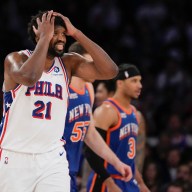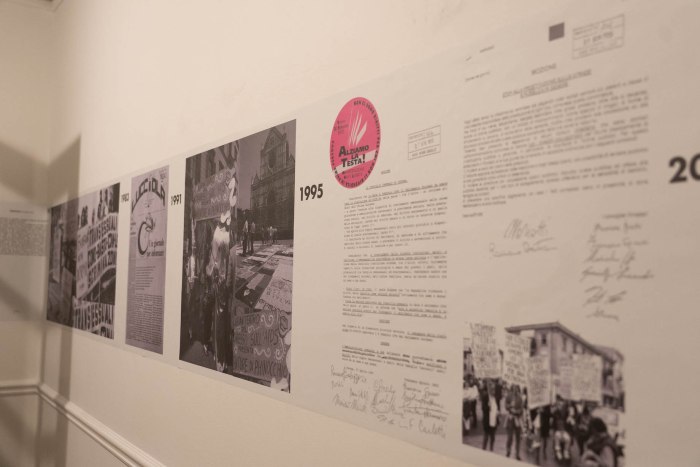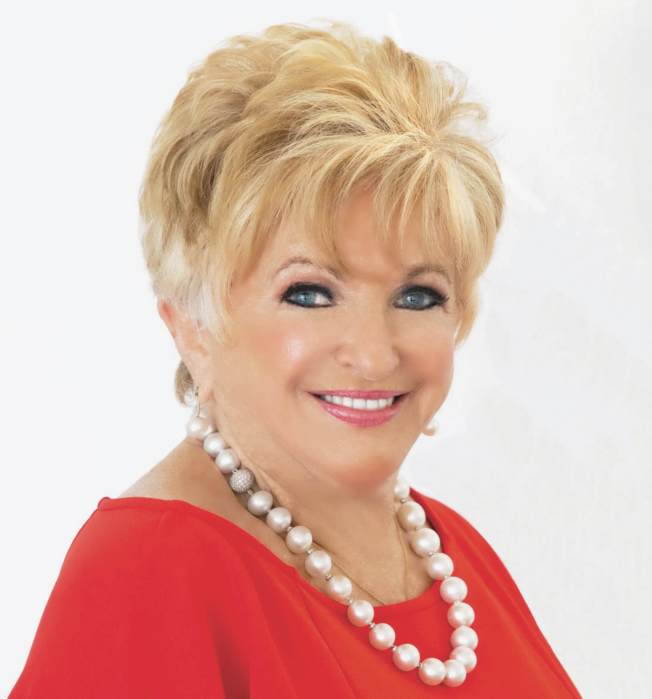 Harry Potter J.K. Rowling, in green, struggled with depression after her divorce.
Harry Potter J.K. Rowling, in green, struggled with depression after her divorce.
Credit: Getty Images
Robin Williams’ suicide on Monday put the issue of mental illness in the spotlight.
Williams is just the latest in a long history of celebrities who have killed themselves, or tried to take their own life.Owen Wilson attempted suicide in 2007 after splitting with Kate Hudson. Halle Berry once tried to kill herself by carbon monoxide poisoning. Fashion designer Alexander McQueen, who had battled depression for much of his life, took his own life soon after his mother’s death. Drew Carey attempted suicide — twice. Billy Joel, Elton John and Princess Diana all tried to end their own lives.
Some of the celebrities who have made it through their darkest moments went on to share their stories of what drove them to the brink, and how they pulled themselves back.
The British comedian Stephen Fry tried to kill himself in 2012. In February 2013, he wrote a deeply personal blog post about one of the essential contradictions of being famous and human at the same time.
“What thefuckright do I have to be lonely, unhappy or forlorn? I don’t have the right. But there again I don’t have the rightnotto have those feelings. Feelings are not something to which one does or does not have rights. In the end loneliness is the most terrible and contradictory of my problems.”
In response, the former spokesman for British Prime Minister Tony Blair, Alastair Campbell, wrote that mental illness would get more clout if it were treated like any other public health issue.
“Stephen Fry is often called a national treasure. He is clever, witty, hugely successful, massively popular. So ‘what the f— does he have to be depressed about?’ Nothing. It just f—ing is. … We are a long way from the goal of parity of understanding and treatment of physical and mental health. You would never say ‘what does he have to be cancerous about, diabetic about, asthmatic about?’”
Robin Williams, who often spoke openly about his struggles with addiction and depression, said he relapsed after 20 years’ sobriety because of anxiety issues. In 1989, he told the Associated Press how comedy helps him deal with the difficulties of life:
“You look at the world and see how scary it can be sometimes and still try to deal with the fear. Comedy can deal with the fear and still not paralyze you or tell you that it’s going away. You say, ‘OK, you got certain choices here: You can laugh at them, and then once you’ve laughed at them and you have expunged the demon, now you can deal with them.’ That’s what I do when I do my act.”
Sobriety, though, is no inoculation against mental illness. Comedian Rob Delaney detailed his struggles with depression after he got sober in a 2010 Tumblr post.
“I got sober eight years ago and my first episode of depression was seven years ago. I had been in talk-therapy with a psychologist for months and was getting used to life without booze. It’s my understanding that it’s not terribly rare for someone in early sobriety to get depressed.”
And not all depression leads to suicide attempts. In an interview with GQ magazine earlier this year, comedian Louis C.K., suffering depression at the lowest point of his career, pinpointed the frustration of being “all right” when everything is wrong.
“It never stopped getting worse. I remember thinking, ‘This is too much for me to handle.’ I wanted to give up. I knew it was my right to. But then a few minutes would go by and I’d realize, I’m still here. In other words, there was no escape from it. And I’d be a little disappointed at not being truly suicidal. I hated being ‘all right.’”
Surviving with depression doesn’t have to be shameful. It can be a badge of courage. Harry Potter author J.K. Rowling suffered through suicidal thoughts following her separation from her husband and before writing the books that would make her famous. In 2008, she told a student magazine at Edinburgh University:
“I have never been remotely ashamed of having been depressed. Never. What’s to be ashamed of? I went through a really rough time and I am quite proud that I got out of that.”
Follow Eva Kis on Twitter @thisiskis or email eva.kis@metro.us.
















